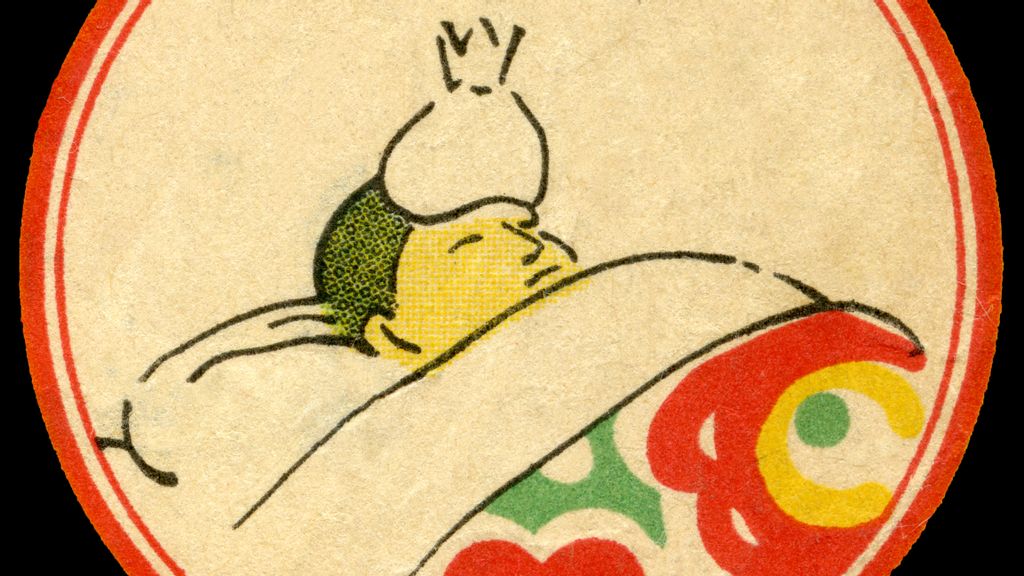Patients waiting for urgent surgery in A&E feel less pain when given a music-playing pillow. After noticing people in emergency departments were often anxious, nurse Lisa Antonsen gave patients a pillow containing a speaker and an MP3 player loaded with specially composed music.
The nurse at the Department of Emergency Medicine at Odense University Hospital in Denmark invited every patient waiting for urgent surgery in her emergency department to get involved. When the patients used the pillow for just 30 minutes, their pain score dropped from 4.8 to 3.7 on average, while relaxation went from 4.6 to 7.6.
Ms. Antonsen put the promising statistics down to patients feeling distracted from their worries and pain, with the music pillow giving them a break from the intense hospital environment.
A 65-year-old woman told the researchers it made her forget the hospital for a moment. She said: “It made me relax and, for a moment, I did not think about being here at the hospital. I just came to think about being outside in nature listening to birdsong. For a moment, something else happened.”
Ms. Antonsen recounted another highly tense, crying woman who appeared comfortable and relaxed after using the pillow. The nurse recognized patients’ frustration when she and fellow hospital staff couldn’t put their minds at ease by telling them when their surgery would be.
In a bid to help people’s nerves, she created the study for her Master’s thesis. She said: “When I first started in the emergency department, I noticed that patients waiting for acute surgery were often nervous and even anxious.”

ED REEVE VIA GETTY IMAGES
“They wanted to know how long it would be until their surgery, and it was impossible to tell them due to the waiting list in the department and the need to prioritize urgent cases. So they experienced a lot of uncertainty. I wondered how we could support these patients.
“I knew that music has been shown to have positive effects on pain, relaxation, and well-being in other healthcare settings, but it has never been tested before with patients waiting for acute surgery.”
Overall, 14 men and 16 women aged between 18 and 93 waiting for surgery took part in the study.
Their emergency conditions included appendicitis, intestinal obstruction, and abscess or inflammation of the gall bladder.
The music pillow was given to them for 30 minutes during the waiting time, which played compositions from a MusiCure program. The group then rated their pain, relaxation and well-being on a visual scale from zero to 10. After listening to the music, she interviewed 15 patients about their experiences for the qualitative part of the study. As well as the decreases in pain scores and increase in relaxation, their feeling of general well-being increased from 4.3 to 6.6.
While describing her research to the European Emergency Medicine Congress, Ms. Antonsen was excited by the positive link between music and pre-operative patients’ reported pain. She said: “The statistical results demonstrated a positive association between music and acute pre-operative patients’ self-reported pain, relaxation, and general well-being.
“The patients described both physical and mental well-being while listening to the music. They felt relaxed and found themselves thinking about something other than the pain and the worries related to the surgery. Thus, the music session provided a break from the acute hospital environment.”
Recounting the notes she made on the crying woman, she said: “She was upset. Her face was tense, and you could tell that she had just cried. She said that it had been a tough day. During the music session, she lay calmly in bed with her eyes closed. When the music session ended, she said, ‘not already.’ Then she smiled at me. She seemed to be more comfortable.”
Nonetheless, the hectic A&E environment was disruptive to listening to music, and Ms. Antonsen advocated for organizational changes to the waiting room for people to find peace and quiet. Ms. Antonsen said: “For music to successfully promote mental and physical well-being, patients should be undisturbed while listening to it. Therefore, attention needs to be paid to the current organizational structure of emergency departments in order to implement music interventions successfully.”
However, there are limits to the study – because it was not randomized and was only observational, it cannot prove the music pillow causes the improvements in pain. The nurse called for a larger study to be conducted to assess the link between music and pain. Until then, the pillow remains in use in her emergency department, and Ms. Antonsen hopes to make it permanent.
Professor Youri Yordanov from the St. Antoine Hospital emergency department in Paris, who was not involved in the research, said: “Emergency departments are stressful places for patients, who have often arrived there unexpectedly due to suddenly deteriorating conditions or accidents.
“Initiatives such as this, that appear to contribute to a reduction in patients’ anxiety, and also the pain they are experiencing, are very welcome. Music helps people relax at the best of times. Now this study suggests it can do the same during stressful times too. We look forward to larger studies that may confirm the findings of this pilot study.”
Produced in association with SWNS Talker.
Recommended from our partners
The post Pillow That Plays Music Can Ease Physical Pain appeared first on Zenger News.

